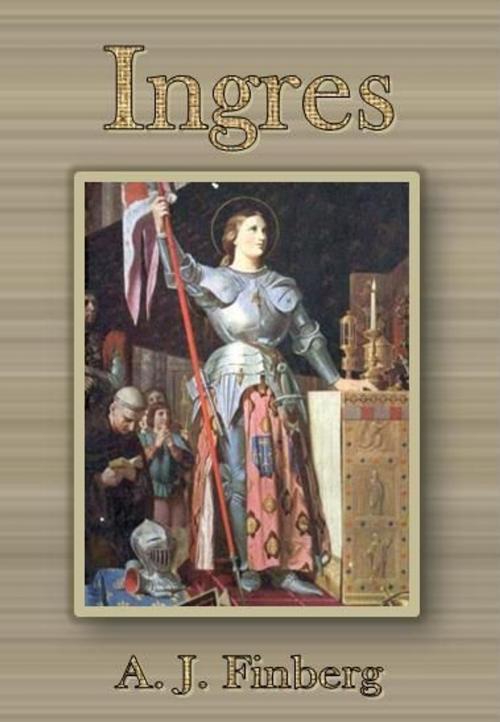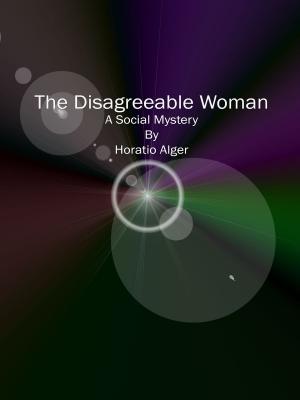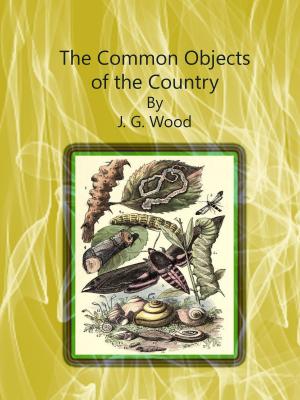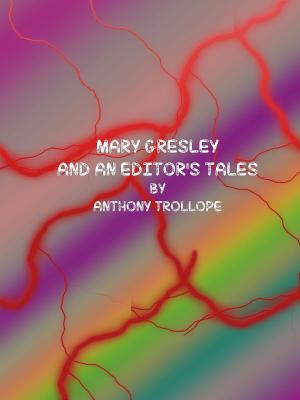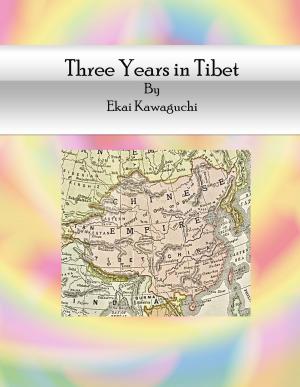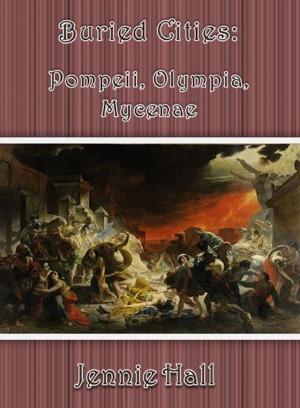| Author: | A. J. Finberg | ISBN: | 1230000127821 |
| Publisher: | cbook2823 | Publication: | April 27, 2013 |
| Imprint: | Language: | English |
| Author: | A. J. Finberg |
| ISBN: | 1230000127821 |
| Publisher: | cbook2823 |
| Publication: | April 27, 2013 |
| Imprint: | |
| Language: | English |
JEAN-Auguste-Dominique Ingres was born on the 29th August 1778, at Montauban. A stranger birthplace for a great artist could hardly be found. All the passion not absorbed in the material cares of life there turns to fanaticism. Religious hatred runs high. The municipal elections are fought out on religious grounds. Protestant and Roman Catholic hate but do not know one another. Each family lives for itself and by itself. A visit is said to be considered as an indiscretion. And nature there does nothing to soften the heart or the manners of man. The soil is dusty on the surface and hard to dig. The local colour is sombre, the general aspect of things sad. In the cold, dull light the forms detach themselves without grace or sympathy. The people have squat, thick-set figures, with round heads and heavy jaws. Their souls are as sombre and hard as their faces. They have ardour, but it is all concentrated and suppressed, burning within them like a brazier without flames. They show an extreme eagerness for work and gain; a silent obstinacy is the leading trait of their character. Ingres’ mother belonged to these parts and to this race, and from her he seems to have derived a part of his stormy and inflexible, his unquiet and haughty genius.
JEAN-Auguste-Dominique Ingres was born on the 29th August 1778, at Montauban. A stranger birthplace for a great artist could hardly be found. All the passion not absorbed in the material cares of life there turns to fanaticism. Religious hatred runs high. The municipal elections are fought out on religious grounds. Protestant and Roman Catholic hate but do not know one another. Each family lives for itself and by itself. A visit is said to be considered as an indiscretion. And nature there does nothing to soften the heart or the manners of man. The soil is dusty on the surface and hard to dig. The local colour is sombre, the general aspect of things sad. In the cold, dull light the forms detach themselves without grace or sympathy. The people have squat, thick-set figures, with round heads and heavy jaws. Their souls are as sombre and hard as their faces. They have ardour, but it is all concentrated and suppressed, burning within them like a brazier without flames. They show an extreme eagerness for work and gain; a silent obstinacy is the leading trait of their character. Ingres’ mother belonged to these parts and to this race, and from her he seems to have derived a part of his stormy and inflexible, his unquiet and haughty genius.
